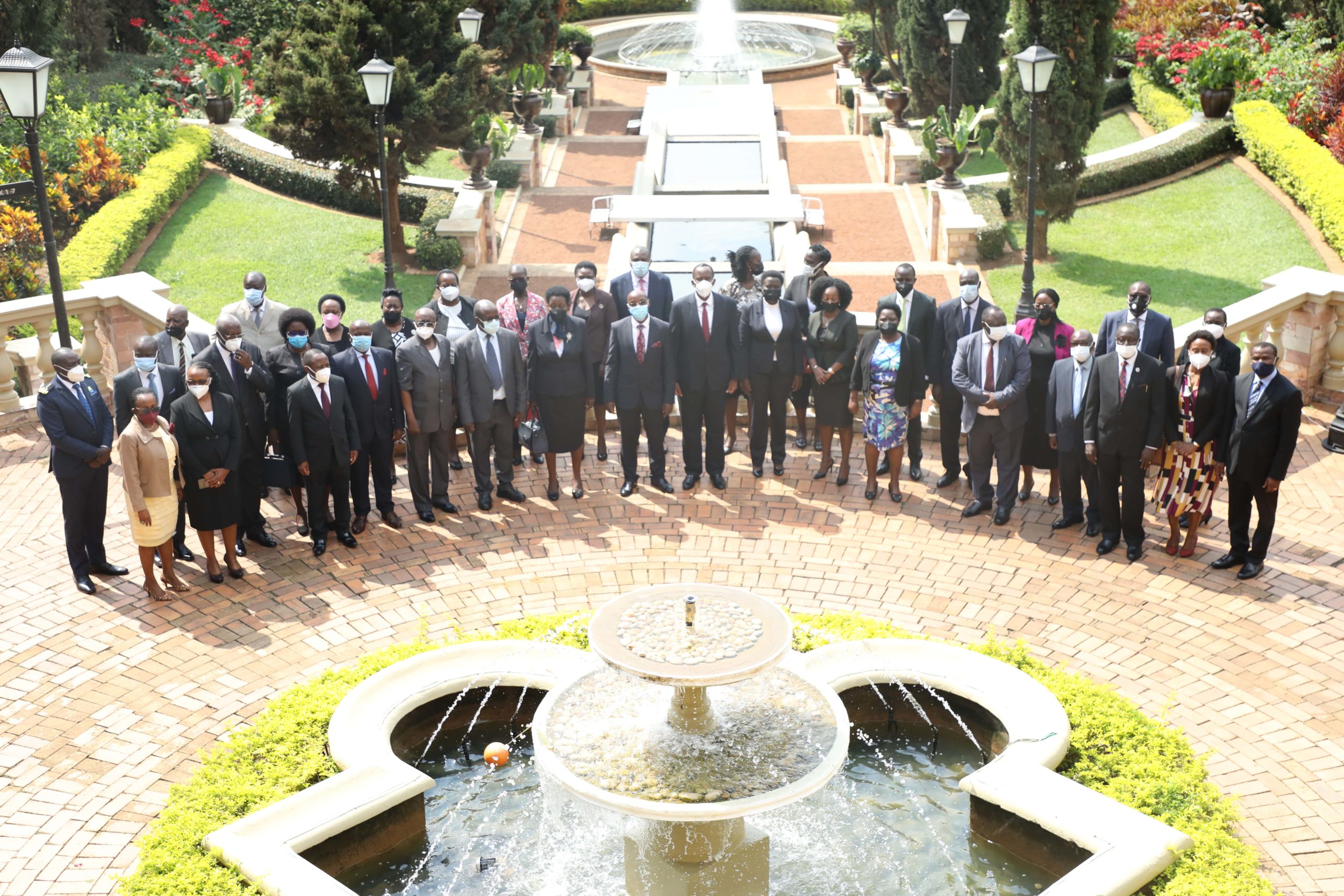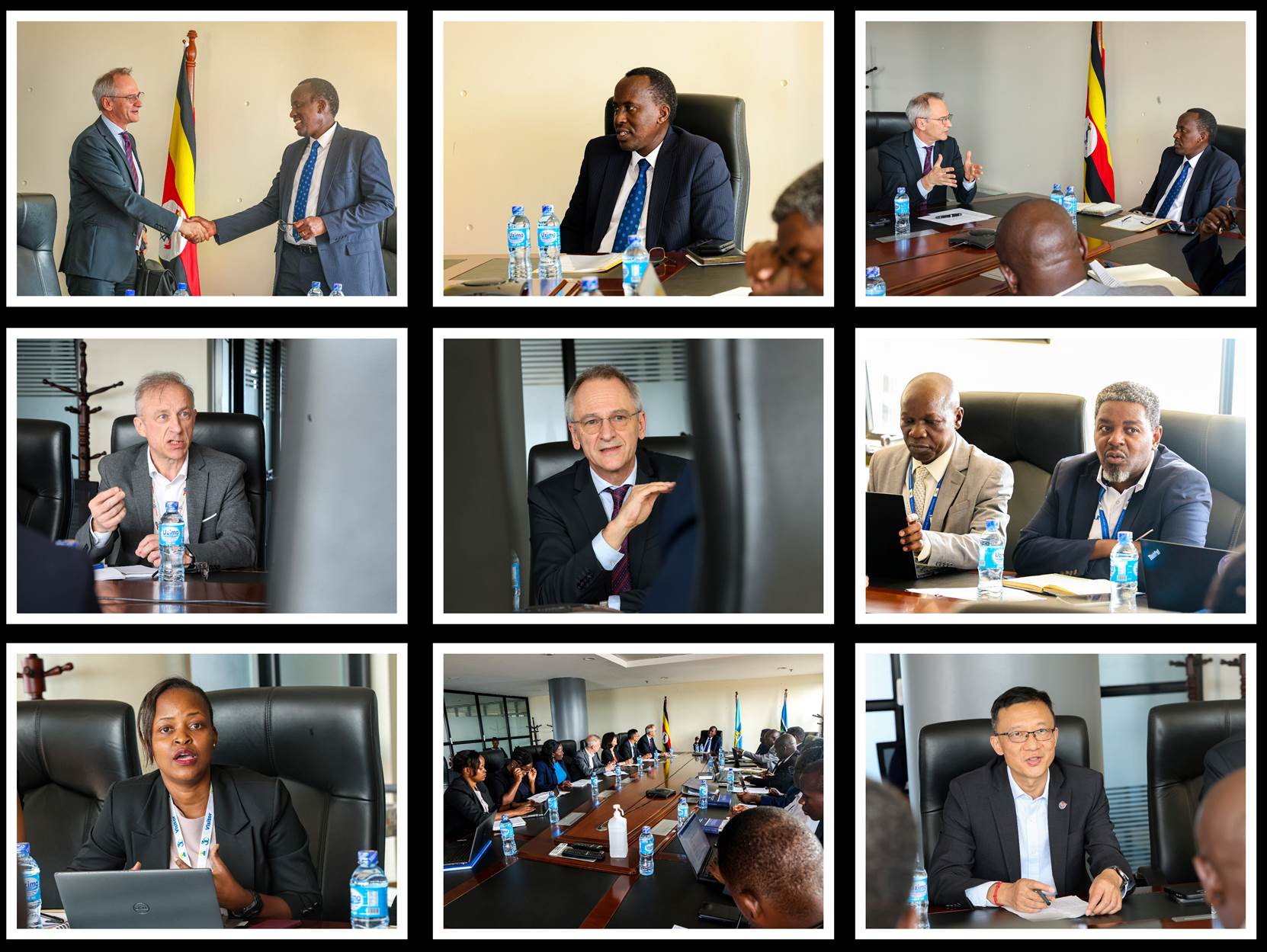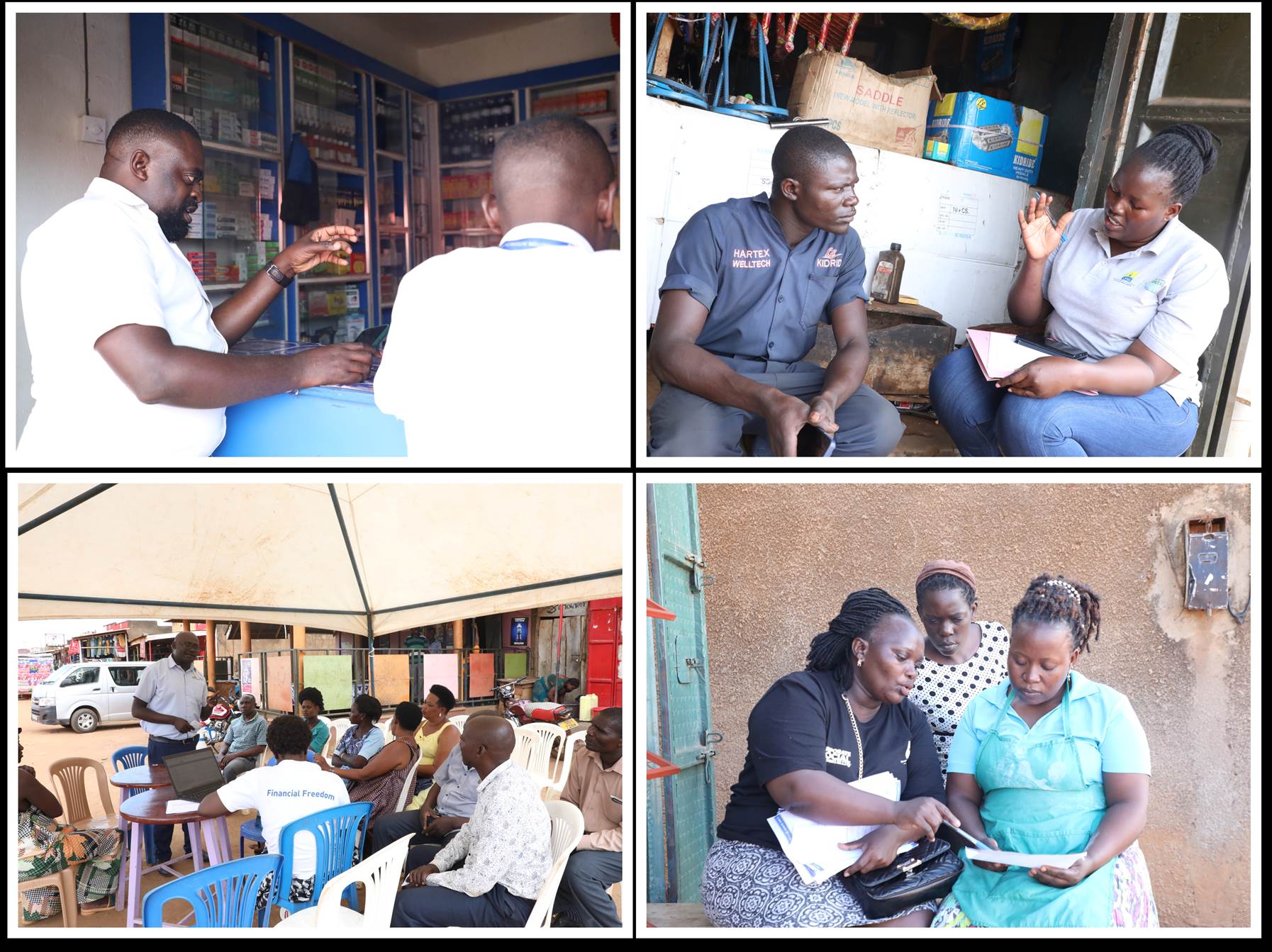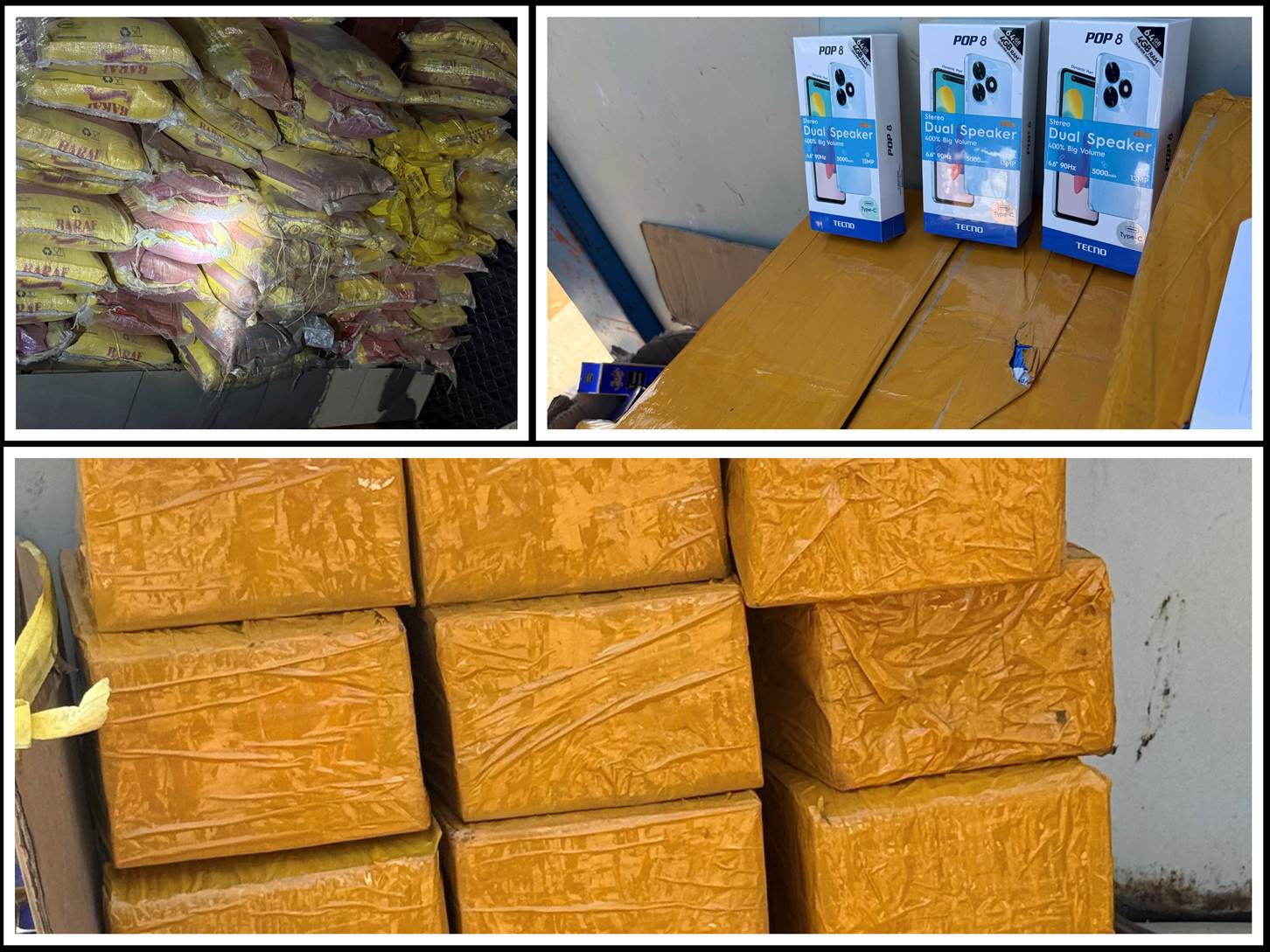By Nouella Anaso
Over 50 of Uganda’s leading legal practitioners joined URA’s senior management team in a two-day training to tighten loopholes in revenue mobilisation. In focus, the discussion centred on the use of Alternative Dispute Resolution as a major mechanism to solve tax disputes and off-set backlog cases to generate revenue.
This was during the 10th Annual Taxation Training for the Justices of the courts of Judicature and Members of the Tax Appeals Tribunal at the Kampala Serena Hotel in Kigo. The training was organised by the Authority and the Judicial Studies Institute under the theme: “Developments in tax law, policy and administration; delivering Uganda to economic independence.”
The range of topics in the line-up included; taxation and transparency, Alternative Dispute Resolution, prosecution as a tool for the enhancement of tax compliance, innovations in customs procedures and the role of the judiciary in the support of domestic resource mobilization in Uganda. Other issues discussed included developments in Uganda’s oil and gas sector, appeals and appellate practice in tax litigation, the taxation of intangibles and the digitalized economy.
Speaking at the opening of the event, URA Commissioner General- John Rujoki Musinguzi said, “These trainings are designed to ensure that Uganda’s legal fraternity is fully appraised of all the latest developments in the tax field. As the economy moves on in this Post-Covid era, and particularly as we look to developments in the oil and gas sector, URA is keen to engage all stakeholders and listen keenly to their ideas, views and comments, not least representatives of the legal fraternity.”
“The Judiciary and the Tax Appeals Tribunal are amongst our biggest stakeholders and I pay tribute to everyone present today for their fine work in contributing to the development of our country.”
Also speaking at the opening of the training, Principal Judge the Honourable Justice Dr. Flavian Zeija said that as things evolve it is crucial that judicial officers and other stakeholders keep in step with the changes and developments in taxation laws and policies.
“It is imperative that all stakeholders are continuously trained and equipped with information, knowledge and an understanding of Uganda’s taxation laws, polices and tax administration practices both nationally and internationally,” Justice Zeija said.
“There is a wide range of tax disputes that end up in the Tax Appeals Tribunal and the High Court. These range from disputes arising from income tax assessments; unlawful tax avoidance schemes; tax evasion tactics; errors in URA audits resulting in wrongful assessments; foreign companies operating in covert; re-characterizing of transactions; illegalities, irrationalities and irregularities by the taxing body,” he said.
Justice Zeija explained that the training programme had created an opportunity for the Justices to acquire skills and knowledge pertinent to solving conflict.
“This training creates an opportunity for experts to share information, experiences and learning points with stakeholders on the current developments and challenges in tax law, policy and administration. I’m grateful that Judges of the High Court have been considered for this training. This is because the skills that Judicial Officers employ to resolve tax related conflicts are critical for either providing lasting solutions or escalating the conflicts,” he said.
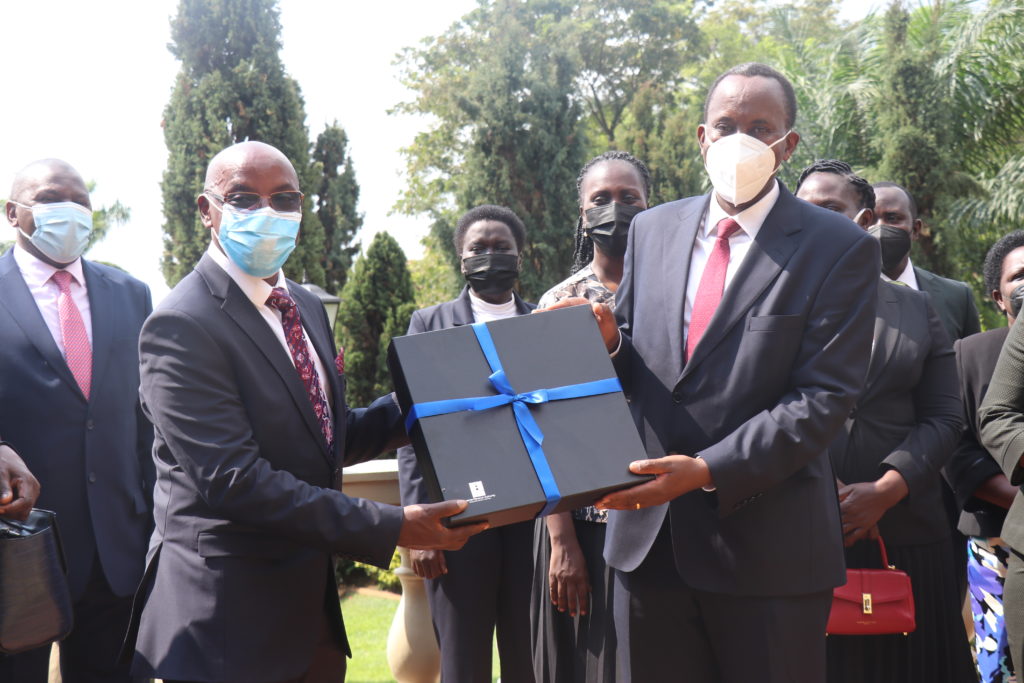
When developing tax laws and economic policy he noted the importance of considering: how and from what sources those taxes will be paid as well as the taxpayers’ financial capacity.
Notable among the guests were Chief Justice Bart Katureebe, Justice Zeija Flavian, Lady Justice Jane Frances Abodo, Lady Justice Damalie Lwanga, and Chairperson of the Tax Appeals Tribunal, Dr. Asa Mugenyi. Representing the Ministry of Finance, Planning and Economic Development was Director of Economic Affairs, Moses Kaggwa. URA Commissioner General John Rujoki Musinguzi led a team of his senior managers.
During her address, Patience T. Rubagumya, URA’s Commissioner for Legal Services and Board Affairs outlined the importance of the arbiters of tax justice to receive assistance from URA in how they dispense tax justice to all Ugandans.
“Our tax to GDP is currently at 13% which is lower than the Sub-Saharan average of 16%. A lot of effort must therefore be devoted to changing the way we work at URA and rolling out initiatives geared towards improving our collections.”
Rubagumya also said that URA’s focus will be to equip revenue administrators with knowledge and tools to raise revenues in hard to tax sectors, expand the tax net to include the digital economy, increase the fight against tax evasion through early detection, smarter auditing and becoming more effective in estimation and prosecution.


